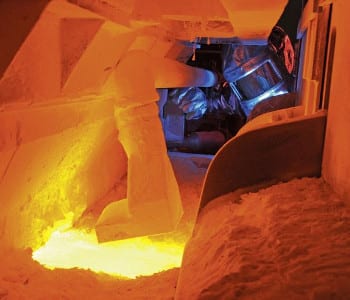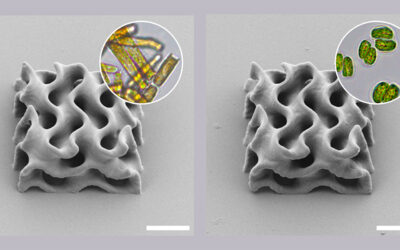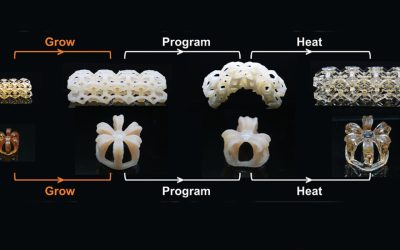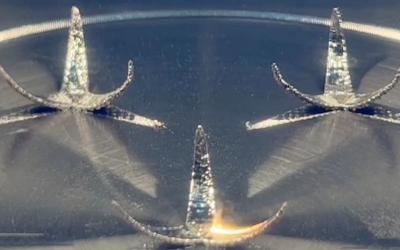The production of glass requires high temperatures and consumes a lot of energy. Thanks to a newly developed method, the energy demand can now be lowered by up to 40% in a central part of special-purpose glass production — the refining process.
The BINE Information Service introduced the concept. The central component is a crucible made of the high-temperature resistant metal iridium, which can withstand high temperatures without cooling.
In the refining step, undesired impurities in the molten glass are removed. The glass melt in the crucible is heated up to 1,600°C to remove trapped bubbles. Conventional copper crucibles have to be cooled.
The newly developed iridium crucible can withstand a temperature of up to 1,750°C. With a throughput of 50 tonnes per day per furnace, it is possible to save about 5,000 MWh of electricity per year.
Until now, the method is only suitable for aluminosilicate glass. The researchers are currently working to apply the process to borosilicate glass as well. This economically more significant type of glass is used for ovenware and laboratory glassware, amongst others. The research project was carried out by Schott in Mainz, Germany.


















